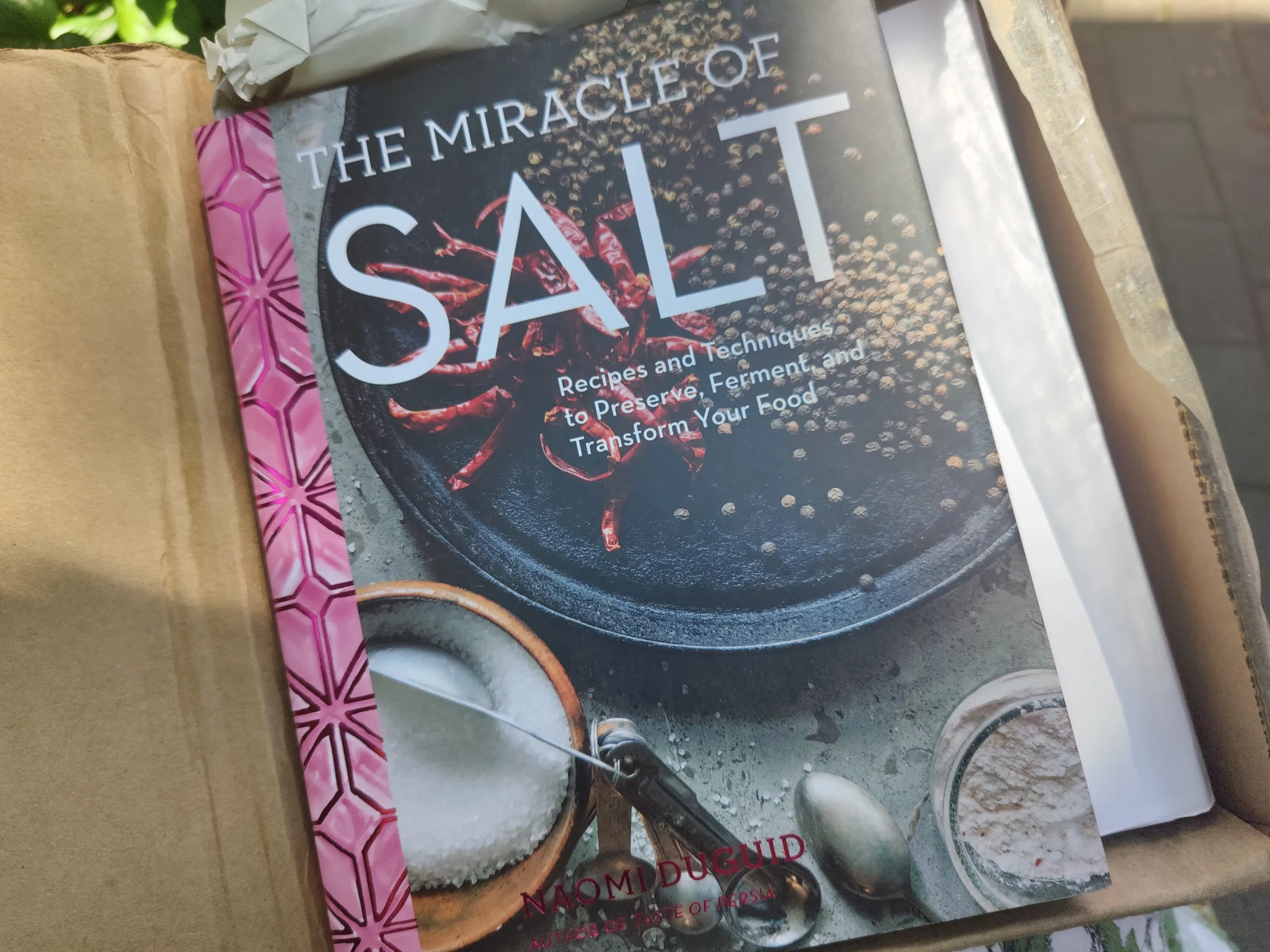Toronto-based eminent food writer Naomi Duguid pays tribute to the Goa Arts and Literature Festival, stating that GALF is a source of new ideas.
The 12th edition of the Goa Arts and Literature Festival (GALF) will be held at the International Centre Goa (ICG) between February 15-17.
Ahead of the much-anticipated 3-day event, www.LiveNewsGoa.com caught up with Naomi Duguid via email.
LNG. Your latest book is “The Miracle of Salt: Recipes and Techniques to Preserve, Ferment, and Transform your Food” What is magical about salt and why?
ND. Salt is powerful because we depend on it. Our bodies need it. And it has the power to prevent or retard the action of bacteria, so we can use salt to help us ferment foods, which in turn enables us to store them safely (think kimchi and sauerkraut, pickles of all kinds, salami’ in Europe, and much more.
And because humans depend on salt, it can be a tool of power, as it was for the British when they tried to force people in India to buy salt and pay salt tax, rather than gathering their own. Salt being a necessity, goverments have often taxed salt, a tax that weighs most heavily on the poor, as happened in France for centuries, with the famous tax called the “gabelle”.

LNG. Your book “Mangoes and Curry Leaves: Culinary Travels through the Great Subcontinent” suggests that you travelled and documented food in India. Which aspect of Indian food did you find most interesting and why?
ND. It’s impossible to generalise about Indian food, as you know, because it is so diverse, so varied, and to me, so interesting and delicious. Apart from those adjectives, the other ones that come to mind are the creativity of cooks in all regions, and the deep understanding of how best to use their ingredients.
LNG. In your book, “Beyond the Great Wall: Recipes and Travels in the Other China” you have travelled across one of the Asian giants. Can you recall your most memorable culinary and travel experience from that country?
ND. China is a patchwork of many different culinary cultures living across a very varied terrain, from the worlds highest mountains to the deserts of Xinjiang and the sub-tropics of Yunnan and Guizhou provinces. One of my most memorable experences happened south of a town called Xiahe in Gansu Province, home to an important Tibetan monastery called Labrang. I had gone out for a daylong ride on horseback into the grasslands with several Tibetans. We got caught in a fierce rainstorm with cold temperatures and high winds. It was miserable! We stopped by an isolated house and were invited in, to warm ourselves, and get a bit dry. The woman of the house had a kettle of tea on, Tibetan butter tea with salt. She poured us each a small bowl, and then gave us tsampa (flour made of toasted barley) to stir into the hot tea. I stirred them together with my finger, then ate the warm dough, mouthful by mouthful, feeling grateful. People who live in extreme environments have learned how to survive; and often survival includes being generous to strangers.
LNG. You have participated in the GALF in 2016. Which aspect of this literature festival appeals to you the most and why?
ND. I enjoy the openness to ideas and the thoughtful and generous conversations with people. It’s a real pleasure to be here and to have conversations that are mostly not centred on Europe and North America. The festival widens my horizons and introduces me to new ideas and to writers who are new to me. I’m feeling very lucky to be able to attend this year.






